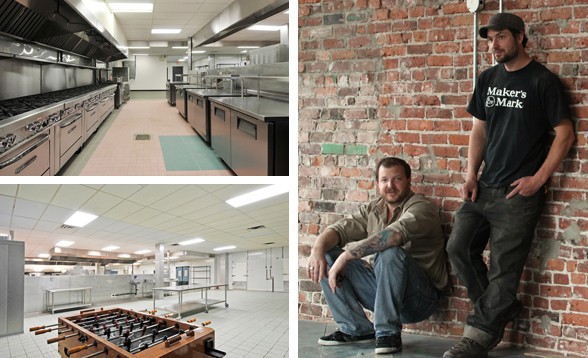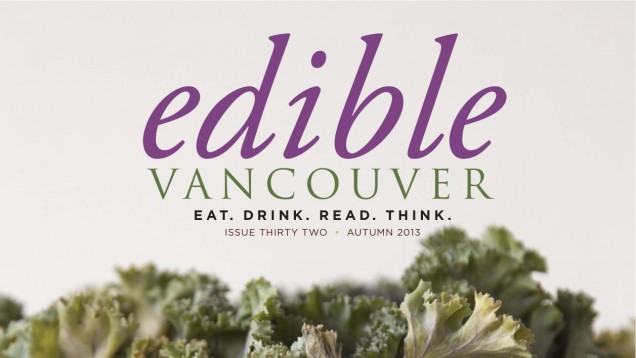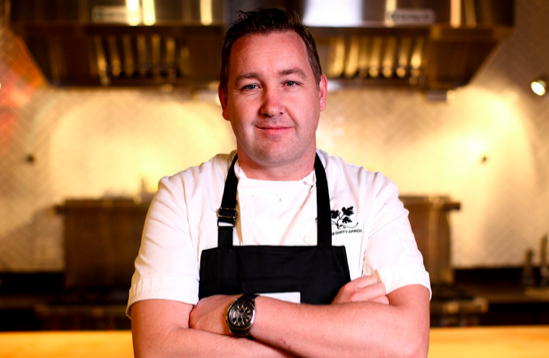
If you’re not exactly sure what a ‘commissary’ is, you’re not alone. We’ve noticed this word has been popping up on many business signs this past year, including the Woodland Smokehouse & Commissary on Commercial Drive in East Vancouver.
It took several visits to the deli counter before we finally realized that there’s much more going on here than the sign for breakfast sandwiches lets on. Yes, the deli sells sandwiches, donuts, ice cream, meat and other yummy deli food (all local of course) but there’s also a gigantic kitchen in the back, which serves as a business incubator for local food trucks and food businesses. Here we reach Tyson Reimer, noted restaurateur and owner of the Woodland Smokehouse & Commissary, for a behind-the-scenes chat.
BLEN: When we realized that some of our favourite food businesses- like Earnest Ice Cream, Cartems and Peckinpah – have used your Commissary, we wanted to find out more. How did this great idea get started?
TR: Well, I owned a few restaurants down in Gastown and we needed a bigger kitchen space for food prep. As we set out looking for a commercial kitchen to rent, the commissary idea was a natural evolution that came from connecting with other businesses who also needed more food prep space. I realized that many up-and-comers would benefit from the ability to share commercial kitchen space that meets all the regulations required when you’re in the food business, without having to foot the bill entirely on their own. The idea is that our partners can use the space until they are big enough to move on to their own thing.
BLEN: Which businesses currently partner with you?
TR: Currently, our partners include Peckinpah, Marked, Raincity Soups, Mogu Food Cart, Street Meet, and Rooted Nutrition, which uses the kitchen to teach nutrition courses.
BLEN: In addition to using the kitchen space, what are some other benefits to participating in this type of shared space model?
TR: We find it’s a great resource hub for all partners. To be honest, one of the biggest advantages is to be able to see other businesses going through the same struggles! We’re able to provide guidance to one another as we all go through the same hassles and headaches around regulations, labeling, and production that accompany the world of local and organic which we tend to cater to.
BLEN: And finally, can you share a bit about your personal background in the food world and any trends you’ve seen around eating local?
TR: I’ve been in the restaurant business for a while, having owned Cobre and Deacon’s Corner in the past, Peckinpah and the Woodland Smokehouse & Commissary. The past few years, I’ve seen rapid changes in the food and restaurant business. Today, most of the businesses in this space are very social media savvy (myself not included!) which is important because the public has become increasingly interested in how and where their food is made. I’ve definitely witnessed the trend toward embracing local. People have become more local-minded and to enjoy supporting businesses that produce in small scale and close to home. But they don’t always enjoy the price tag attached so I’m looking forward to seeing more solutions in industry to help make buying local more affordable.
We couldn’t agree more. Thanks for the interview Tyson!
Photo courtesy of Scout Magazine

